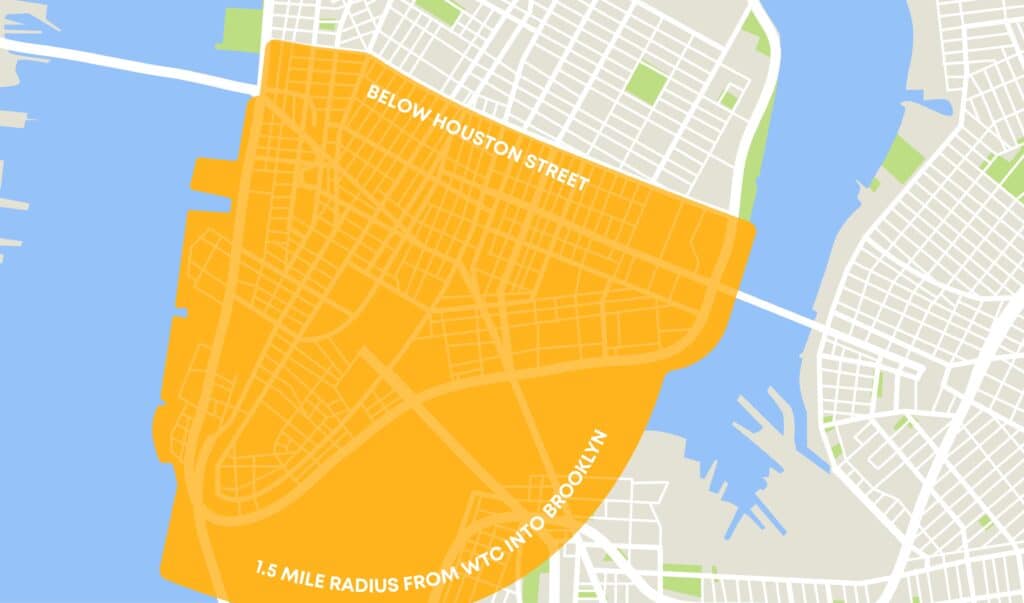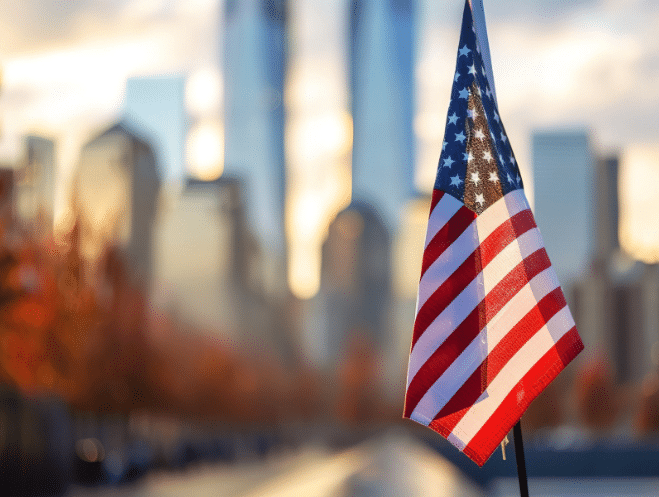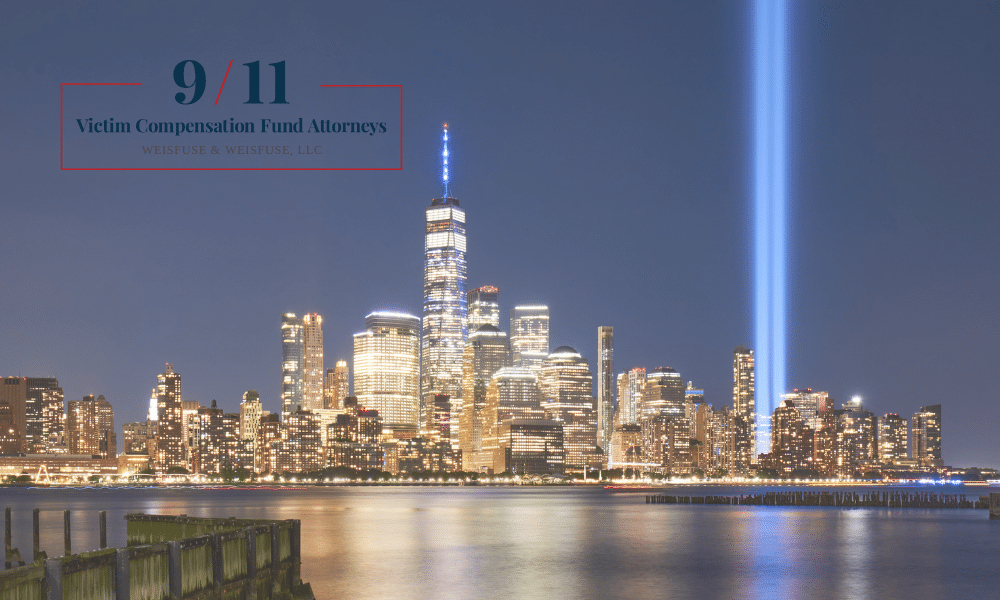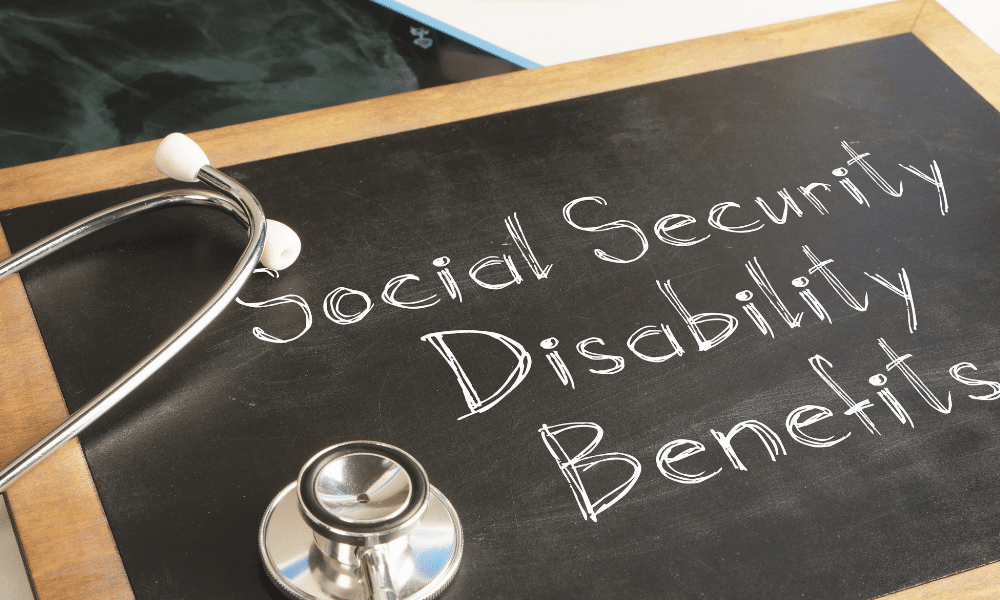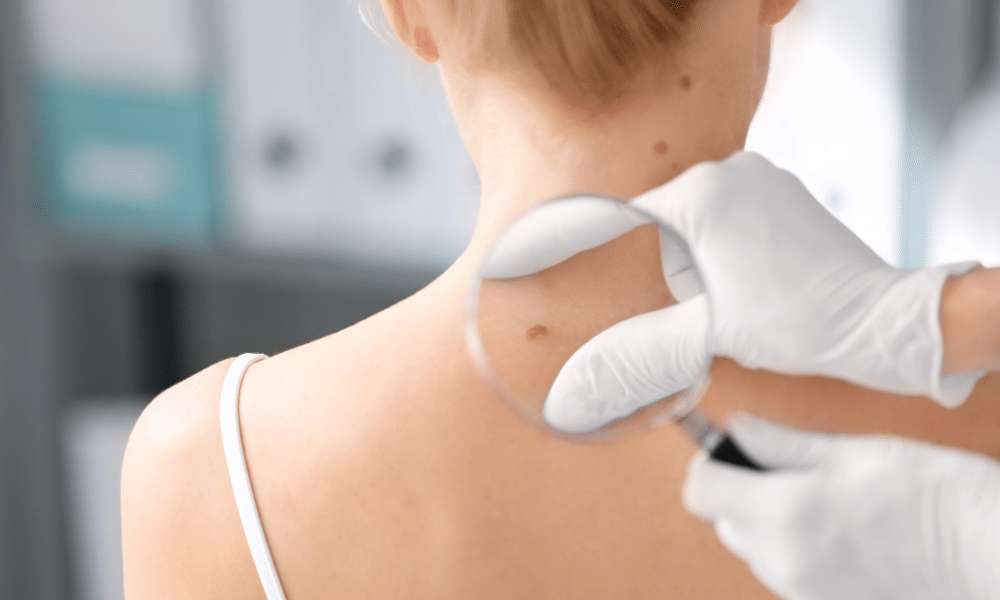
9/11 Victim compensation fund for mediastinal tumors of the heart, lungs, & throat
The toxic dust cloud that enshrouded lower Manhattan in the days and weeks after the 9/11 attacks affected responders involved in the rescue and cleanup efforts and tens of thousands of survivors who returned to the area shortly after September 11th.
We are still seeing the impact today, with individuals increasingly diagnosed with various cancers and aerodigestive disorders, as well as other chronic diseases.
Malignant neoplasms of the heart, mediastinum, and pleura do not often make many headlines, but these cancer types do greatly affect responders and survivors. Fortunately, help is at hand for anyone who was in the toxic cloud exposure zone after 9/11 and who has subsequently developed such tumors—regardless of when they were diagnosed.
Let us take a closer look at these conditions and how victims can claim free medical care and compensation.
What is a mediastinal tumor?
Mediastinal tumors affect the area of the body that separates the lungs, with the breastbone in front, the spine at the back, and the lungs positioned on either side.
Within this area, the heart, aorta, esophagus, thymus (a butterfly-shaped gland at the base of the neck), and trachea (windpipe) are all located—and growths are called mediastinal tumors.
These types of tumors are less common than skin cancers, prostate cancer, thyroid cancer, and blood cancers for 9/11 survivors—but because of their location, they can be extremely serious. Large tumors can exert pressure on the spinal cord, lungs, heart, and trachea.
Most heart-based tumors are not cancerous but can cause great discomfort and breathing issues. Sarcoma can develop in the lining around the heart (the pericardial sac) and tumors can also form in the lining of the lungs (pleura) and are difficult to treat.
Mediastinal tumors may affect the anterior (frontal) area, the middle, or the back of the area:
What are the symptoms of mediastinal tumors?
The symptoms of mediastinal tumors may not present until the latter stages of the disease, making diagnosis challenging until chest X-rays are requested. The main symptoms include:
- Coughing (with or without blood).
- Shortness of breath.
- Wheezing when breathing.
- Night sweats, fever, or chills.
- Unexplained weight loss
- Low iron level (anemia).
- Swollen or tender lymph nodes.
How are the tumors diagnosed?
Generally, mediastinal tumors are diagnosed by:
- A chest X-ray.
- A CT-guided chest biopsy, where a tissue sample is withdrawn and analyzed.
- An MRI of the chest.
- A mediastinoscopy, where a small camera is inserted into the chest.
How to obtain medical treatment for a 9/11-related mediastinal tumor diagnosis?
Diagnosis and treatment for malignant neoplasm of the heart, mediastinum, and pleura can be very expensive and time-consuming. Surgery, chemotherapy, and radiation are all available options, depending on the patient’s condition.
Fortunately, free medical care and monitoring are available for any 9/11 responder or survivor with mediastinal tumors after registering with the World Trade Center Health Program.
Diagnosis, monitoring, and treatment will be provided at the Medical Centers of Excellence in New York or an extensive network of providers across the country. To be eligible for the program, victims must be able to provide evidence that they:
- Worked or volunteered as a responder in NY or at the Pentagon or in Shanksville, PA after the attacks.
- Lived, worked, or attended school in the lower Manhattan area between 9/11 and May 30th, 2002.
- Were exposed to the toxic dust cloud created by the attacks.
Applicants must provide evidence of their presence at an impacted site during the applicable dates. If already diagnosed with a 9/11-related condition like a mediastinal tumor, they should also provide evidence of this. A 9/11 lawyer can help with this process if necessary—more about that below.
How to obtain compensation for the expenses and impact of mediastinal tumors
In addition to free medical monitoring and treatment, 9/11 responders and survivors are also entitled to compensation for the expenses and impacts of mediastinal tumors via the September 11 Victim Compensation Fund (VCF).
As well as any out-of-pocket expenses caused by a malignant neoplasm of the heart, mediastinum or pleura, victims can claim compensation for wage loss and the impact caused by the loss of quality of life (pain and suffering).
Family members of individuals who died from a mediastinal tumor (or any other 9/11-related condition) may also recover compensation through a wrongful death claim with the VCF.
To file a VCF claim, victims will need:
- Evidence of a 9/11-related condition certified by the WTC Health Program.
- Registration for the VCF by the applicable registration deadline—generally within two years of the date that the condition was certified by the WTC Health Program.
- A claim with supporting documentation—any time before October 1, 2090.
After filing the compensation claim with the VCF, a preliminary review will be conducted to check that it is complete. If not, additional information should be sent within 60 days. Then, a more substantive review will take place and the outcome of this second review will result in an award decision. If necessary, this decision may be appealed within 30 days.
How can a 9/11 VCF attorney help?
The process for claiming free medical care and monitoring and compensation for mediastinal tumors can be rather slow and laborious for victims and their families—at a time when many struggle to make ends meet due to absence from work.
A 9/11 claims attorney can assist with the following elements of the registration and claims process for any responder or survivor suffering from a 9/11-related condition:
- Guidance on the legal options for obtaining medical care and monitoring a 9/11-related condition by registering with the WTC Health Program.
- Advice on potential compensation available from the Victim’s Compensation Fund (VCF) and any other federal or state programs.
- Gathering and reviewing documentary evidence for the registration and claims processes in the federal programs.
- Contacting and interviewing witnesses, if necessary, and preparing detailed affidavits to support the claim.
- Expediting the claim review if waiting in line for the standard application review processes will cause undue hardships for families.
- Reviewing the decision letter and representing clients’ interests in the appeals process, if necessary.
- Collecting and forwarding VCF benefits to clients.
To discuss your situation and learn more about how we may be able to help you, please call Weisfuse & Weisfuse, LLC at 212-983-3000 or contact us online to schedule a free consultation.
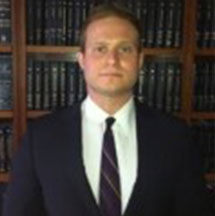
About Jason Weisfuse –
9/11 Victim Compensation Fund Attorney
About Jason Weisfuse –
9/11 Victim Compensation Fund Attorney
Jason E. Weisfuse is a seasoned 9/11 cancer attorney and managing partner at Weisfuse & Weisfuse, LLC, a New York City-based law firm dedicated to representing individuals affected by the September 11th attacks. Since the establishment of the September 11th Victim Compensation Fund (VCF), Jason has been instrumental in assisting first responders, survivors, and families in securing the compensation and medical benefits they deserve.
With a Juris Doctor from New York Law School (2009), Jason brings extensive experience regarding the 9/11 Victim Compensation Fund to his practice. His deep understanding of the VCF and the World Trade Center Health Program (WTCHP) has enabled him to navigate complex claims processes effectively, resulting in substantial awards for his clients.
Jason’s commitment to the victims in the 9/11 community is evident through his active involvement in professional organizations such as the New York State Trial Lawyers Association and the American Association for Justice. He has also contributed to legal discourse with publications in the New York Law Journal, reflecting his dedication to legal excellence and advocacy.
At Weisfuse & Weisfuse, LLC, Jason continues to provide compassionate and knowledgeable representation, ensuring that those affected by 9/11 receive the support and compensation they are entitled to.


